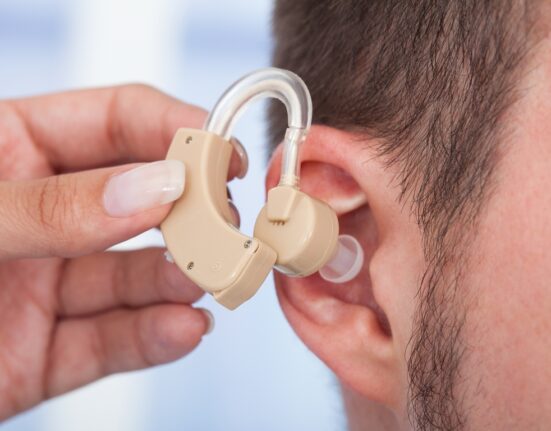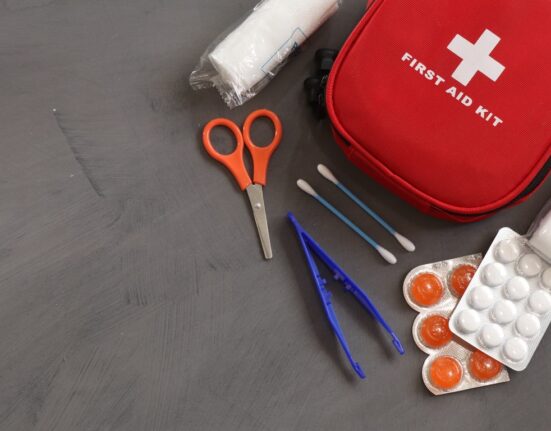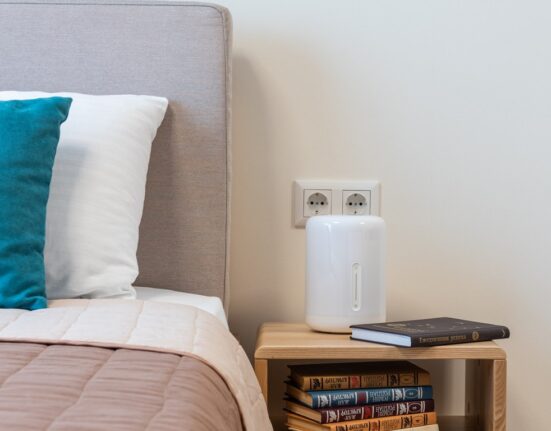Medicare provides health coverage for millions of people across the country, but the program can be hard to navigate. That’s why we’ve put together some insider secrets to help people put the pieces together.
Make Use of Medicare Savings Programs
People who have trouble paying Part A and B premiums can make use of Medicare Savings Programs to cover their out-of-pocket expenses that may arise due to co-pays and deductibles. An increasing number of seniors who qualify for Medicare coverage are unaware that they may be eligible for special Medicare Advantage Plans that provide broader networks and improved benefits, so make sure to inquire about these.
Get in Touch with Customer Care
Customer support teams of Medicare Advantage and Medicare providers can offer invaluable service. They often have personalized resources and data that can help people avail the care they require. For instance, people who are not comfortable speaking in English can request to see a primary care physician who speaks in a language they are familiar with.
Know the Nitty-Gritty
Before signing up for Medicare, it can help to do some research into the coverage the program offers. One may just find that a certain type of Medicare plan offers better coverage than the other. For instance, if one has diabetes and uses a pump, a Medicare Supplement Plan may work out more affordable than a Medicare Advantage Plan.
Keep Taxable Income in Mind
Premiums for Medicare Part B are determined based on one’s modified adjustable gross income, which is calculated by taking into account their taxes from two years prior. That is, the Medicare premium for Part B for 2022 will depend on the taxes one paid in 2020. Once the baseline is crossed, insured individuals may incur additional premiums for Part B. Given this, controlling how much one takes from their IRA compared to other accounts can help save them from a nasty surprise in a few years.
The Cost of Prescription Medications Can Be Lowered
Manufacturer’s Pharmaceutical Assistance Programs, also called Patient Assistance Programs (PAPs), can help Medicare beneficiaries pay reduced prescription drug costs – this is especially beneficial for those who don’t qualify for low-income programs.






